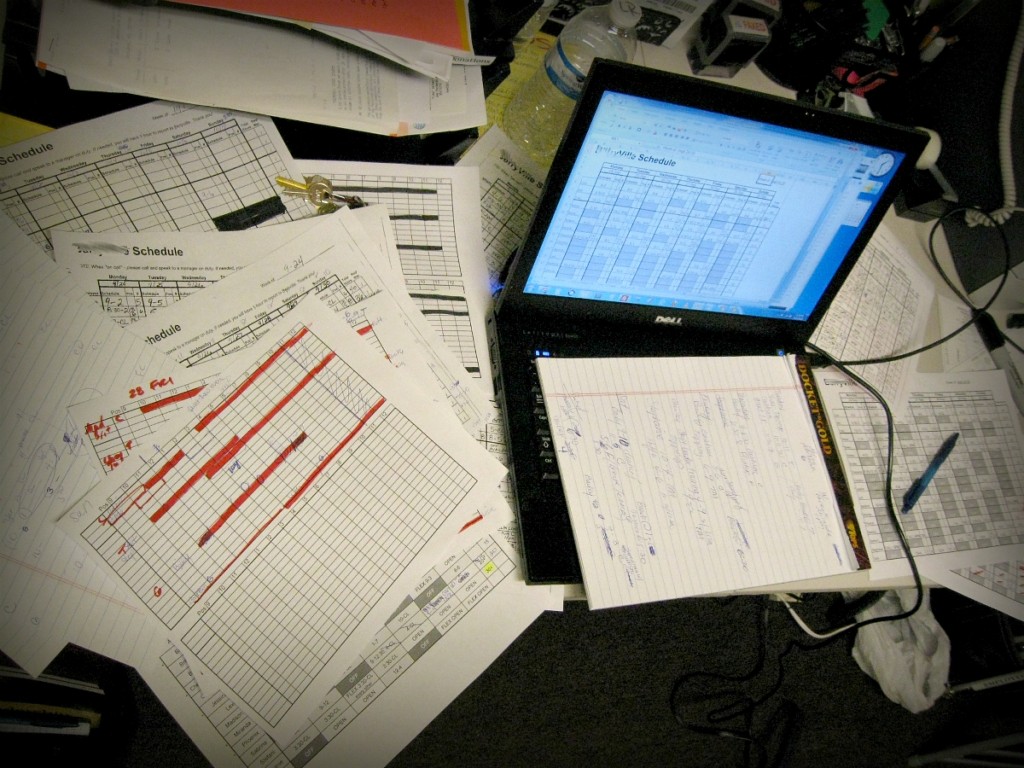Ever come across something difficult to figure out? Ever encounter stubborn challenges? I don’t — because I have mastered how to disregard what I don’t understand or don’t want to do. And you know what I’ve discovered? If you ignore things enough, they either fade away, take care of themselves, or come back on their own.
This is not to imply that you shouldn’t be aware of and in control of everything that goes on in your company — that remains vital. This does, however, free you from the need to comprehend and follow through on certain complex and difficult tasks.
Disregarding is all about protecting you as the leader. Your time is extremely valuable, as are your efforts. Simply put, one way you can free up time and energy is to completely disregard what confuses you or sounds really annoying. Take marketing strategies, subpoenas, taxes, and anti-virus software, to name a few examples.
If you don’t understand something, how important can it really be?
When in doubt, disregard!
— W. Albert Jameson, IV
Lastly, if things are really important, won’t they just pop up again eventually? By that time, one of your employees will probably know how to take care of it or will be foolish enough to step up to the challenge. Good for them!
Disregards,
W. Albert Jameson, IV
Things will definitely fall off of the plate. However, leaders must be very intentional when choosing which tasks they disregard and which they accomplish. More to the point, leaders must know where they want to go and only accomplish tasks to that end. Long term planning and choosing unimportant things to fall off the plate both allow you up to do what only you can do: LEAD.
-Andrew




